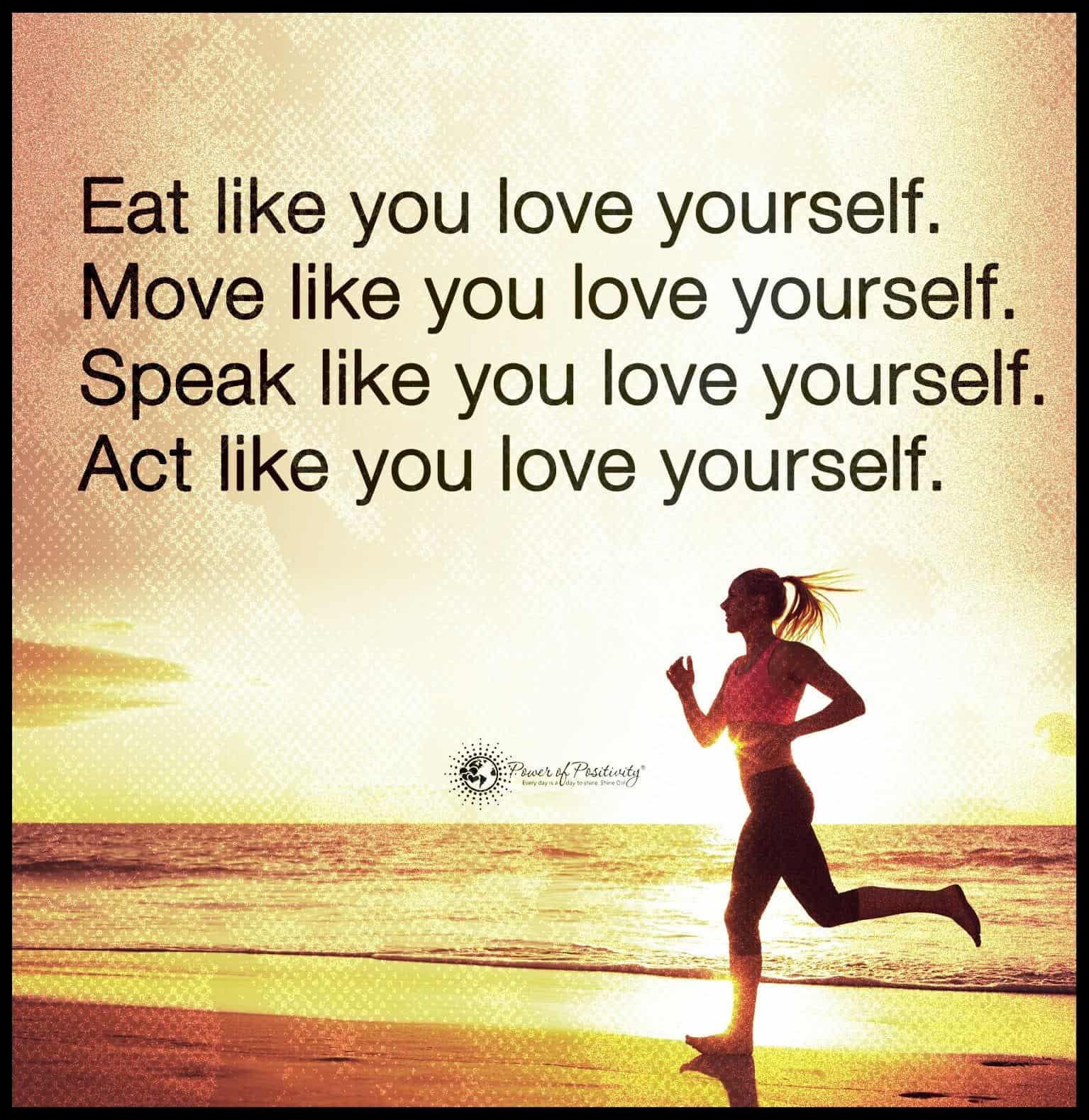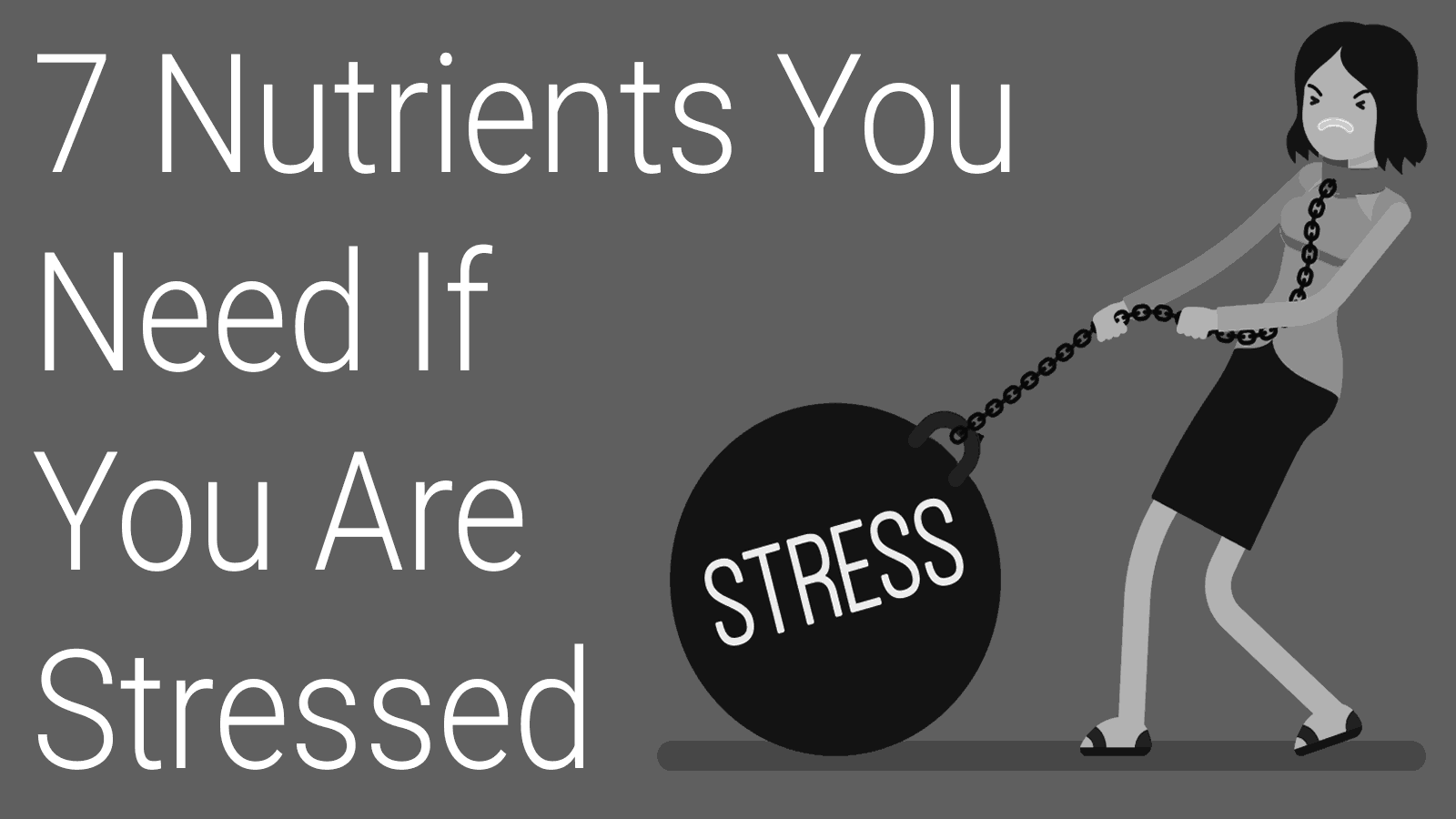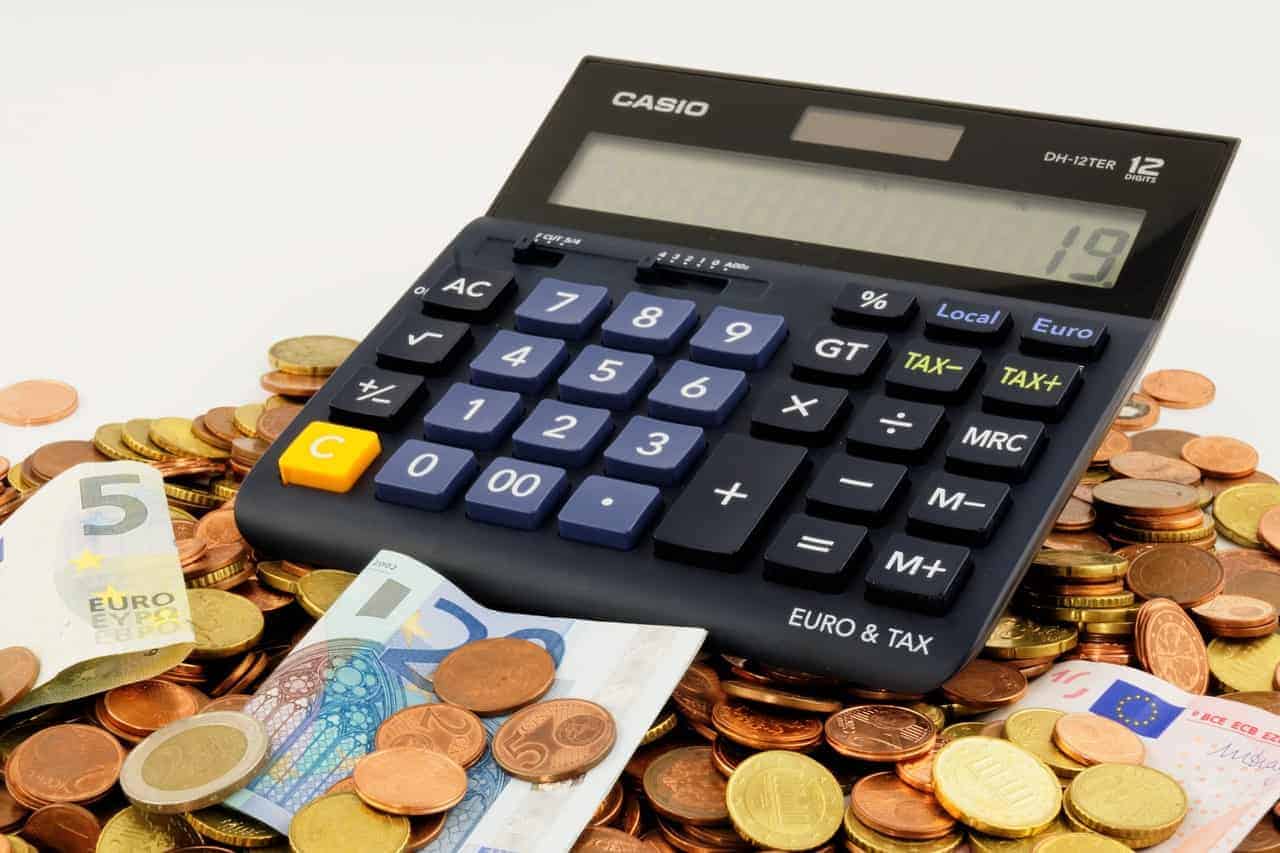When someone learns how to be happy, they tend to feel good about life and are experiencing pleasant emotions at the moment. They have an overall sense of joy and satisfaction and ecude contentment. Others can tell when a person is happy because they will smile and radiate self-confidence.
In Buddhist teachings, a person obtains the state of happiness when they reach nirvana. They learn how to be happy by achieving an unceasing state of inner peace that can only be reached by releasing mundane cravings. They also encourage people to cherish good friendships and share kindness and compassion throughout the world.
There are many ways to attain happiness, but it takes constant effort. Since being in a constant state of happiness can be difficult, you need to take steps to retrain your thought process. If you are having a difficult time achieving happiness in your life, here are 30 ways that can help you.
Here’s how to be happy:
Eliminate Negative Thoughts
Even though you may have experienced negative situations in your past, there is no reason to let them hinder your future. When you learn to let go of hurtful situations, you can become happier. Instead of ruminating on discouraging thoughts, create a positive one to change your point of view.
Use Deep Breathing
When you are feeling stressed out and under pressure, slowing down and focusing on your breathing helps tremendously. Taking time out to practice deep breathing techniques can help you become happier by relieving anxiety and lessening the chances of developing depression.
Relocate to Another Area
If you are not happy with the town you live in, moving to another town can help boost your mood. It is important for you to feel good about your surroundings when you walk out of your home. The neighborhood you live in can affect your mood and level of happiness.
Exercise
Another way to learn how to be happy is to become physically active. When you exercise, your brain releases natural endorphins that increase your mood. These chemicals produce a pleasant sensation that can also improve confidence and ease stress.
Limit the Time You Spend on Social Media
When you spend too much time on social media, you become enthralled in other people’s lives. It gives you a distorted view of reality and can cause you to put yourself down. You may begin to compare yourself to your friends and feel inadequate.
Be Kind to Others
When you are kind to others, you make them happy and learn how to be happy with your life. The empathy that you portray towards people makes them feel respected and promotes a positive atmosphere.
Rise Above Bad Situations
Even though you may have to deal with tough situations in life, it is wise to not dwell on them. You should pay attention to good moments in your life and cherish these important times. When you are experiencing difficulties, look forward to the future and remember tomorrow is a new day.
Surround Yourself with Positive People
Having positive friends in your life is imperative and can definitely teach you how to be happier. They can help improve your mood, assist with reaching your goals and offer support during difficult times. Good friends can also help you deal with stress and make you feel optimistic when you are down.
Treat Yourself Special
There is nothing wrong with doing something special on your own such as buying a gift or taking yourself out for dinner. When you do nice things for yourself, it reinforces positive experiences in your life. This can help you become more satisfied with life and become happier.
Keep Your Eye on the Prize
Instead of seeking instant gratification, you should strive to have more self-control. When you practice delayed gratification, you refocus your attention to achieve a positive outcome. You also develop more self-discipline and patience when trying to achieve long-term goals.
Change Your Perspective
Although life is not easy, learning how to be happy with your life will require a change in your attitude. You must avoid having a pessimistic view of life and search for ways to assist with improving your outlook. Do not let the negative stuff outweigh the good thoughts in your mind.
Stay Grateful
Having an attitude of gratitude is essential when you want to learn how to be happy with your life. A grateful attitude allows you to focus on the positives that you have in life. When you are grateful for what you have, your mental focus changes and you become happier.
Get Rid of Bad Habits
Bad habits can harm your health and mental well-being and can include eating too much junk food, smoking or staying up late on your cell phone. Even though they may seem harmless, bad habits can affect your quality of life. Replacing bad habits with good ones can help you become unstuck and assist with achieving your goals.
Speak Your Mind
When you speak up for what you believe in, you show others that your opinion counts. It is never a good idea to hold your feelings in or let others force their opinions on you. If you do not speak up for yourself, this can lead to your needs not being met in any given situation.
Find Your Purpose in Life
Your purpose in life is not just about finding happiness; it is becoming aware of what makes you come alive. It is imperative for you to learn how to be happy by determining the meaning of your life. Searching for meaning in your life may include doing some soul searching and developing a new skill or helping a community in need.
Get a Good Night’s Sleep
Let’s face it – when you do not get enough sleep, the next day, you probably feel groggy and tired. That is why it is important to get a good night’s sleep and go to bed at an early hour. When you do not sleep well, your body does not repair itself properly. This leaves you with the negative side effects that come along with fatigue, such as having less energy.
Practice Meditation
Meditation is another technique that you can use to learn how to be happy with your life. It helps you have a sharper memory, lessens anxiety and improves your mental clarity.
Make Time for Family
When you spend time with your family, you strengthen the bond and stave off loneliness. The social interaction acquired during family time can increase your self-esteem and relieve stress.
Spend Time in Nature
Taking the time out to spend time in nature is good for everyone. It not only eliminates stress, but grounds and keeps you centered. Your cortisol levels are lowered and the fresh air leaves you feeling rejuvenated and revitalized.
Help Those Less Fortunate
Performing good deeds for those less fortunate than you has a positive effect on the brain. Your internal reward system is stimulated and chemicals such as dopamine and serotonin are increased. These feel-good chemicals make you feel happier and give your self-confidence a boost.
Let Go of Anger
Holding onto a grudge is harmful to your health, and letting it go can improve your ability to live a happier life. If someone does make you angry, learning how to forgive them will provide you with a feeling of relief.
Take Control of Your Life
Taking control of your life can teach you how to be happy as well. Since it requires you to change and grow, your beliefs about the way you live are more positive and your outlook improves.
Master a New Skill
The process of mastering a new skill takes your mind away from the mundane. It awakens your mind and teaches you how to be happy in life because you stir up parts of yourself that were previously sleeping.
Don’t Give Up on Your Dream
If you have goals that you want to reach, find new ways to accomplish them. You should continue to pursue them without letting the fear of failure take over.
Plan a Trip
Taking a trip to a new location and meeting new people is exciting and helps you feel good about yourself. When you visit a new destination, the new scenery and social interactions can revive your spirit.
Eat Healthier
Consuming more fruits and vegetables improves your physical and mental health. They are full of vitamins and minerals that increase serotonin levels and regulate your mood.
Keep a Journal
When you write down your fears, worries or gratitude list on paper, you see exactly what brings up negative feelings. You can reevaluate your frustrations and regrets and create solutions on how to deal with them.
Become Spiritual
When you are spiritual, you learn how to be happy with your life by becoming self-actualized. By practicing meditation and gratitude, you develop positive emotions and the ability to build healthy relationships.
Recite a Positive Mantra
A positive mantra can change the chemistry in the brain and affect the neural pathways. So, reciting an encouraging mantra replaces negative thoughts with positive ones.
Clean Your Home
Keeping your home clean and decluttered has a direct impact on the state of your well-being. A home that looks and smells clean can improve your mood and make you happier.
There is no reason to feel hopeless or gloomy when there are so many ways to achieve happiness. These techniques can improve the quality of your life and help you feel better.
https://www.youtube.com/watch?v=lVhLd8LiQDY














